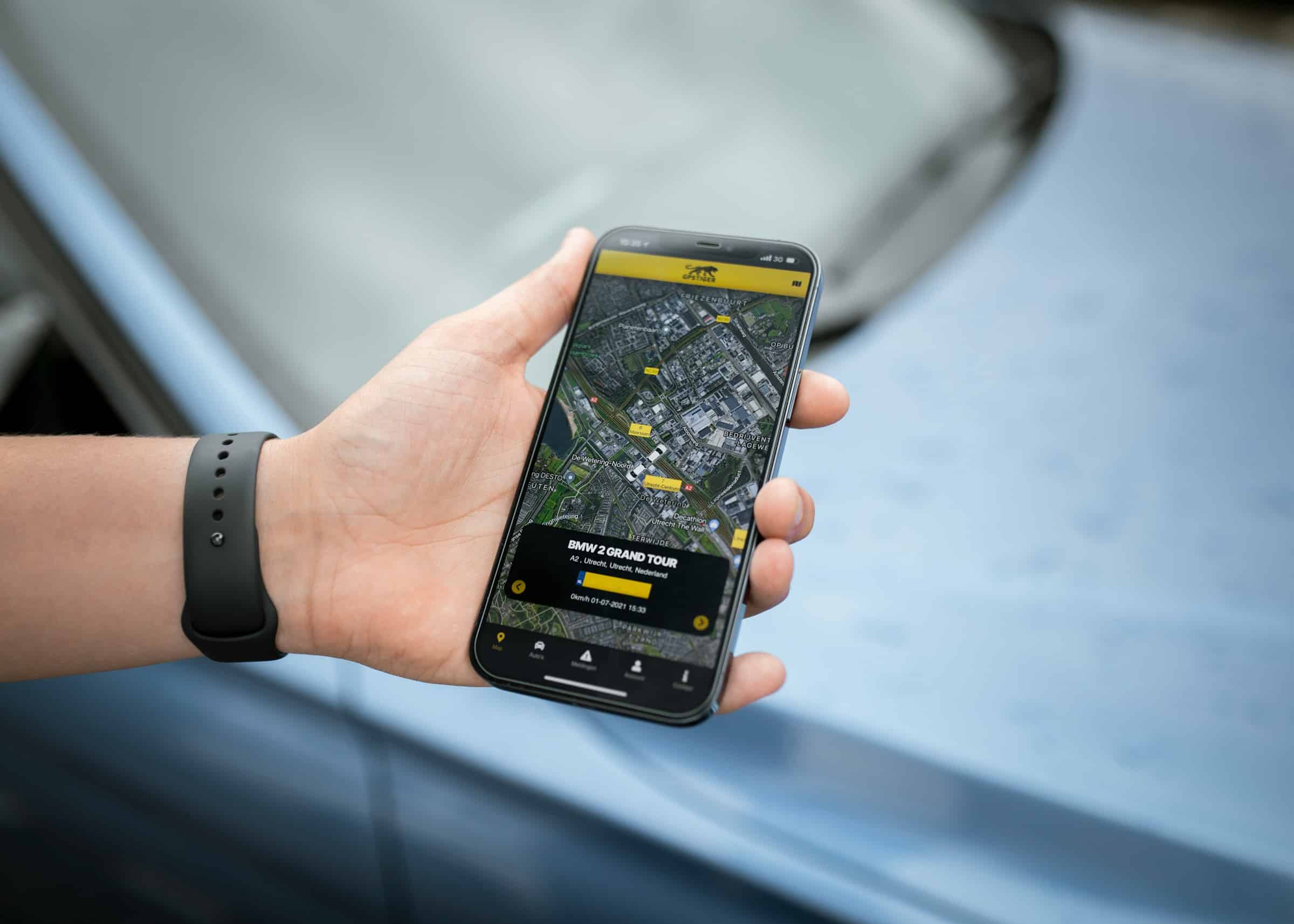How to Use Your Smartphone to Monitor and Control a Smart Home Water Heater?

In an era where technology continuously redefines our daily habits, the convenience of smart home devices is undeniable. Among these innovations, a smart water heater stands out, offering both comfort and efficiency. This article will guide you through the process of using your smartphone to monitor and control a smart home water heater, ensuring you make the most of this clever technology.
In recent years, the concept of smart homes has evolved significantly. From lighting to security systems, the ability to remotely control various aspects of your home using a smartphone has become the new norm. Among these technological advancements, smart water heaters have revolutionized the way we manage hot water usage and energy consumption.
A voir aussi : What Are the Steps to Set Up a Virtual Health Monitoring System Using Your Smartphone?
A smart water heater connects to your home Wi-Fi network, allowing you to control and monitor it via a dedicated app on your phone. This integration offers numerous benefits, including improved energy efficiency, convenience, and enhanced safety features. Whether you have a traditional electric water heater or a tankless water heater, upgrading to a smart system can be a game-changer.
Benefits of Using a Smart Water Heater
Implementing a smart water heater in your home provides a myriad of advantages that go beyond simple convenience. The ability to control your water heater remotely ensures that hot water is available whenever you need it, without wastage. This not only enhances comfort but also promotes energy conservation.
A découvrir également : What Are the Best Strategies for Using Your Smartphone to Manage Household Chores?
One of the primary benefits of a smart water heater is energy efficiency. Traditional water heaters tend to maintain a constant temperature, leading to energy wastage. In contrast, a smart water heater allows you to schedule heating cycles according to your usage patterns. This means you can ensure hot water is ready during peak usage times and conserve energy when it’s not needed.
Additionally, smart water heaters come equipped with advanced safety features such as leak detection. This feature alerts you immediately if there’s a leak, preventing potential damage to your home. Furthermore, integrating the water heater with a smart thermostat can optimize heating and cooling processes, ensuring a consistent and comfortable environment.
Setting Up and Connecting Your Smart Water Heater
Setting up a smart water heater may seem daunting, but with the right guidance, it’s a straightforward process. Whether you have an electric water heater or a tankless model, the initial steps are generally similar.
First, ensure your water heater is compatible with smart home technology. Most modern models are, but it’s always best to confirm. Once verified, you’ll need to connect the water heater to your home Wi-Fi network. This typically involves following instructions provided by the manufacturer, which usually include downloading a specific app.
After installing the app on your phone, create an account or log in if you already have one. The app will guide you through the process of linking the water heater to your account. This often involves scanning a QR code or entering a serial number. Once connected, you can begin to explore the various features available.
Among these features, you’ll find options to monitor current water temperature, adjust heating schedules, and receive notifications about any issues. Some smart water heaters also integrate with Google Home or other smart devices, allowing you to use voice commands for control.
Utilizing Your Smartphone for Control and Monitoring
The true power of a smart water heater lies in the ability to control your system using your phone. This functionality opens up a world of possibilities to enhance both convenience and efficiency in your home.
Using the dedicated app, you can easily adjust water heating schedules. For instance, if you’re away for the weekend, you can set the heater to a lower temperature or turn it off completely, saving energy. Conversely, you can ensure hot water is ready when you return by scheduling the heater to turn on a few hours before you arrive.
Another valuable feature is real-time monitoring. The app allows you to check the current status of your water heater, including the temperature and energy consumption. This transparency helps you make informed decisions about your usage patterns. Additionally, the app can send alerts if there’s an issue, such as a leak detection, ensuring prompt action to prevent damage.
For those with Google Home or similar smart home hubs, the integration becomes even more seamless. You can use voice commands via Google Assistant to check the status of your water heater or adjust settings. This hands-free convenience is particularly useful when your hands are full.
Enhancing Home Efficiency with Smart Water Heaters
Beyond the immediate benefits of convenience and safety, smart water heaters play a significant role in enhancing the overall efficiency of your home. By leveraging the features of smart devices, you can optimize energy usage and reduce utility bills.
A key aspect of this efficiency is the ability to analyze usage data. Most smart water heater apps provide detailed reports on energy consumption, allowing you to identify patterns and adjust settings for optimal performance. For instance, you might discover that heating water during off-peak hours significantly reduces costs.
Integrating the water heater with other smart home systems can further enhance efficiency. For example, linking it with a smart thermostat allows for coordinated heating and cooling, ensuring that your home maintains a comfortable temperature without excessive energy use. Additionally, smart water heaters can be part of a broader smart home strategy, contributing to the overall sustainability goals of your household.
Moreover, smart water heaters often come with app updates that introduce new features or improvements, ensuring that your system remains up-to-date with the latest advancements in technology. This continuous improvement cycle means you’re always benefiting from the most efficient and effective solutions available.
In conclusion, using your smartphone to monitor and control a smart home water heater offers unparalleled convenience, efficiency, and safety. By embracing this technology, you can ensure hot water is available exactly when you need it, while also conserving energy and reducing costs.
Smart water heaters integrate seamlessly into your smart home ecosystem, offering an intuitive and user-friendly experience. From leak detection to coordinated heating and cooling, the benefits are numerous. Whether you have a traditional electric model or a tankless water heater, upgrading to a smart system is a wise investment for the future.
As we move forward into an increasingly connected world, the ability to control your home devices with your phone will continue to evolve. By staying informed and embracing these advancements, you can enhance the comfort, efficiency, and sustainability of your home. The future of water heating is smart, and the power to control it is literally in your hands.
